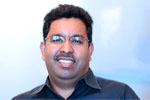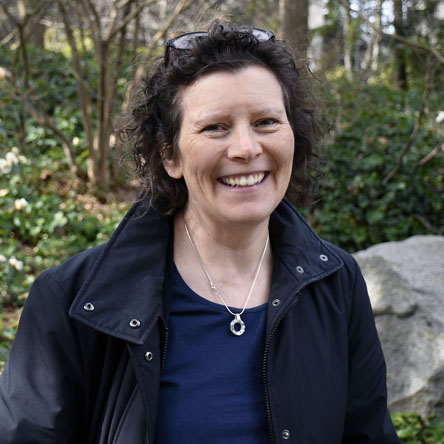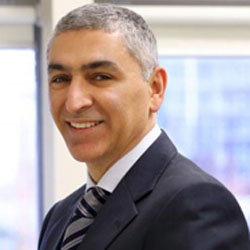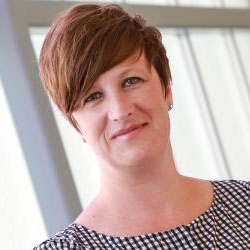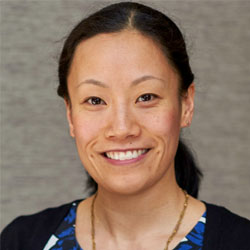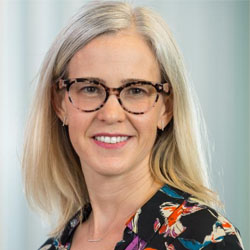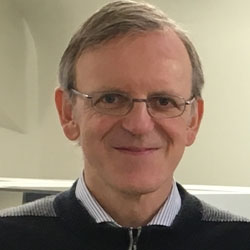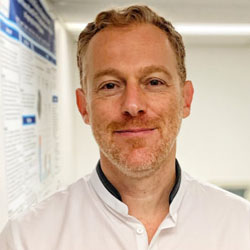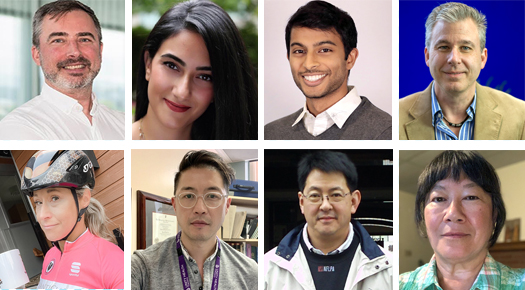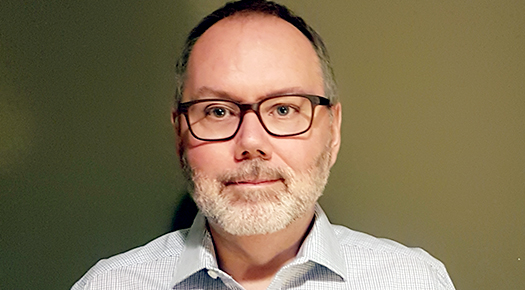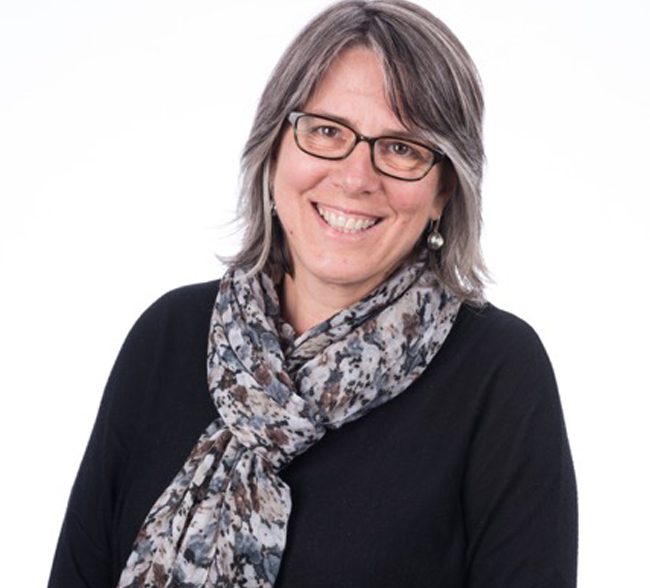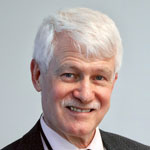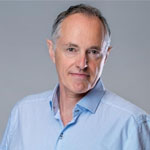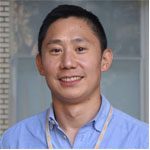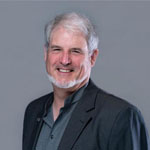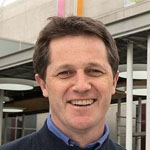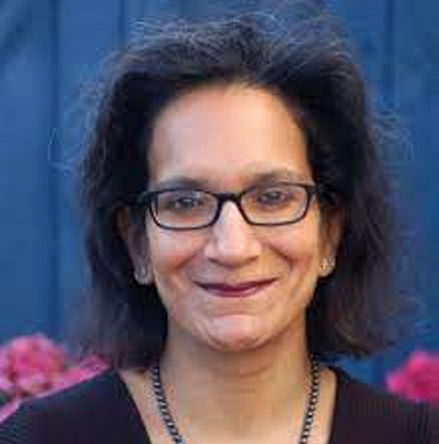
Dr. Naveena Singh
A little bit about you:
Upon qualifying as a doctor in India I found it difficult to deal with the suffering of patients and their families. I was drawn to pathology as a career as pathologists work behind the scenes. Looking at slides has a meditative quality that I particularly enjoy. Like all medical specialties, the training is long and difficult, and the work is intense, but in the end there is some flexibility with time which, in theory, works well for family life. In addition to my diagnostic work I enjoy teaching undergraduates and postgraduates. My research has been focused on improving the accuracy of diagnostic pathology reporting. I have introduced changes to the reporting of different gynecological cancers that have been incorporated into international guidelines. I have led national and international collaborative studies and also been fortunate to be invited to participate in many major research trials.
On a personal note, I am one amongst the millions who have lost loved ones in this pandemic, apart from witnessing the suffering of others. For many years I had submerged myself in work and lockdown allowed some time for reflection and recalibration. I look forward to working towards an improved work-life balance in this new chapter in Canada.
Who inspired you to pursue the career you have today?
My parents: I am from a completely non-medical family. In my very large family (each parent was one of 9 siblings, and I have 43 first cousins!) there are no doctors; there was one very successful dentist and one aunt married a doctor but that’s it. So my parents were very keen for one doctor at least in their 5! As a result I had absolutely no knowledge or expectation of what it would be like. I think I disappointed (even embarrassed!) my mother a little by turning to a diagnostic career (microscope rather than stethoscope!) and I am not sure she ever fully understood what I do, but she was happy that I love my work!
What would people be surprised to learn about you?
I am very shy. I am often told that I project complete confidence and expertise when I give talks but despite the dozens of presentations every year for over a decade, I infuriate my family by being as nervous as when I was a student before each and every one of them! This helps me to research the topic very well as I do not like to speak on any issue, however minor, if I do not completely understand it. I also spend time pitching the talk correctly as I hate it when I do not understand something people are telling me. I always look at feedback from participants as this helps me know what I could improve. I am delighted when I get positive feedback. The best compliment I received recently was when I taught my post grads a difficult topic in pathology, saying it had taken me years to get my own head around it: “That’s because you did not have you to teach it!” I floated home that evening!
What are you most looking forward to in your new role with Dept of Pathology?
Time to research my talks and to write and to think! The National Health Service in England is under-resourced and for many years I have been used to doing these things in my own time. All slots were used for something: weekends before kids woke up (a long and productive slot!), travelling on the London Underground (I was the only one to whoop with joy if there were train delays!), times when family watched TV/movies I am not interested in, etc, etc. I look forward to having more time to devote to academic and family activities rather than having them clash or to choose between them.
There are many research areas in which I am already collaborating with the team here and I am in the process of setting up a collaborative project between UBC and multiple Centres in the NHS in the UK on the impact of tumour genetic testing in womb cancers on oncology decisions; if this takes off it will be a dream come true!
What did you learn as a researcher the hard way?
A major lesson that applies to all life not just research: DO NOT UNDERESTIMATE BUREAUCRACY! Read the small print, take each and every rule seriously and keep all documentation complete and secure or it will come back to bite you. Luckily it was an early lesson!
What do you like most about your job?
Many things: Constant learning and teaching. Looking at slides peacefully with some gentle music playing. Being able to stop and read about a case and update myself with the literature. Being able to guide surgeons and oncologists about the best treatment for the patient. Best of all: having opportunities to write: “There is no evidence of malignancy” in my reports and imagining how the patient and her family will feel when they see that sentence!
What is the most challenging part of your job?
The job requires intense concentration. A little lapse can cost someone their life. Keeping up with the description of new pathological entities and interpretations of findings so that the patient gets the best possible treatment. Not knowing how to guide treatment in a rare entity. Balancing the service work with teaching, research and maintaining a decent academic profile without losing sight of the family.

Dr. Singh with offspring.
What profession might you have pursued, if not medicine?
Left to myself I would have been a teacher and studied Physics, with no real ambition or goal! I think teaching children is the most important career for the modern world. A teacher provides a child with uniformity and stability, which many children lack in their homes. If we want a better future for the world we need to invest more in our teachers. Not to mention having school holidays every year! I am trying to encourage my own children to become teachers but without success so far!
How do you like to recharge?
It changes from one year to another but currently, post-pandemic, it is yoga at home (not hot yoga in the studio as previously) and meditation.
What motivates you at work?
Only one thing, constantly: patients.
What’s something that has surprised you about your chosen career path?
That I have never, for a moment, had any regret or been bored or wished I had done something else!




